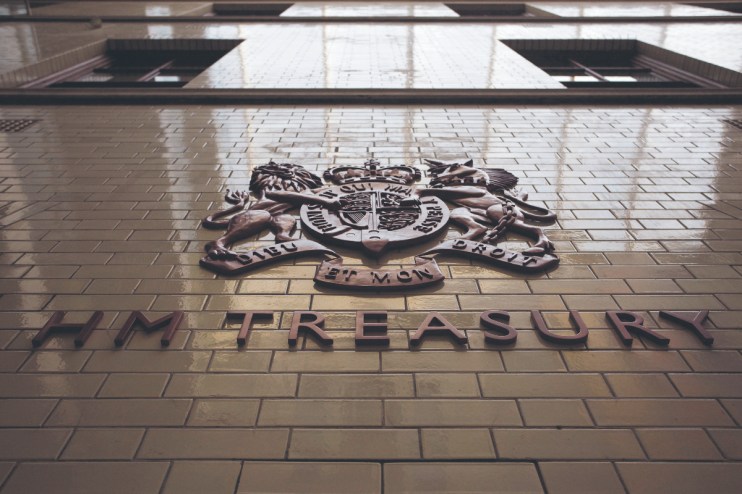UK gilt auction oversubscribed as investors buy through market turmoil

A closely watched sale of UK government debt attracted robust demand today despite the ongoing turmoil in the gilt market.
The Debt Management Office (DMO) said that its £1bn sale of 30-year index-linked gilts was just over three-times oversubscribed, indicating that interest from investors remained solid.
Demand was down marginally on last year, however, when the auction was 3.1 times oversubscribed.
The interest rate the government must pay on top of inflation for the gilt was 2.126 per cent. According to Reuters this is the highest yield for this kind of asset since July 2004.
The auction comes amid intense pressure on gilts as investors demand higher interest rates to lend the government money.
Yields on both the 10-year and the 30-year gilts have increased for six consecutive days, leaving the yield on the 10-year bond at a post-2008 high and the yield on the 30-year at a post-1998 high.
Sterling meanwhile has fallen to its lowest level in over a year, signalling a loss of investor appetite in the UK.
The sell-off has been driven both by concerns about the government’s fiscal policies and fears that inflation will remain higher for longer in the US, slowing the pace of interest rate cuts.
UK gilt yields are closely tied to yields on US Treasuries, which have also increasing significantly in the past few weeks.
The upward pressure on gilts is expected to have wiped out the roughly £10bn buffer Reeves left against her crucial fiscal target in October.
“The rise in yields means the government is at increasing risk of breaching its fiscal rules without fresh tax rises or spending cuts,” Deutsche Bank’s Jim Reid said.
The Chancellor has indicated that she will cut public spending in order to stay on the right side of her fiscal rule. Reports earlier this week suggest that spending cuts could be “ruthless“.
The auction comes ahead of crucial inflation data tomorrow. Markets expect that the headline rate of inflation will remain stuck at 2.6 per cent, kept above target by higher energy prices.
Investors are concerned that stubborn inflation will force the Bank of England to keep interest rates higher for longer, with only two rate cuts anticipated for this year.